Common Parkville-Area Water Heater Myths:
What You Need to Know
Discover the truth behind common water heater myths with our informative homeowner's guide. As a homeowner in the Parkville area, you may encounter numerous misconceptions surrounding water heaters, making it challenging to distinguish fact from fiction. However, our comprehensive guide is here to provide you with the necessary knowledge to debunk these myths. Unveil valuable insights and uncover surprising revelations about water heaters as you explore this enlightening resource.

Myth #1: They last forever
Contrary to popular belief, water heaters are not immortal. Despite their ability to function for a significant period, factors like usage, maintenance, and quality influence their durability. Typically, water heaters have an average lifespan ranging from 8 to 12 years. It's crucial to understand that delaying the replacement of an aging unit can lead to expensive repairs and potential water-related harm to your residence. If your water heater is nearing its anticipated lifespan, it is advisable to begin exploring replacement alternatives promptly. By doing so, you can mitigate the risk of encountering these undesirable circumstances.

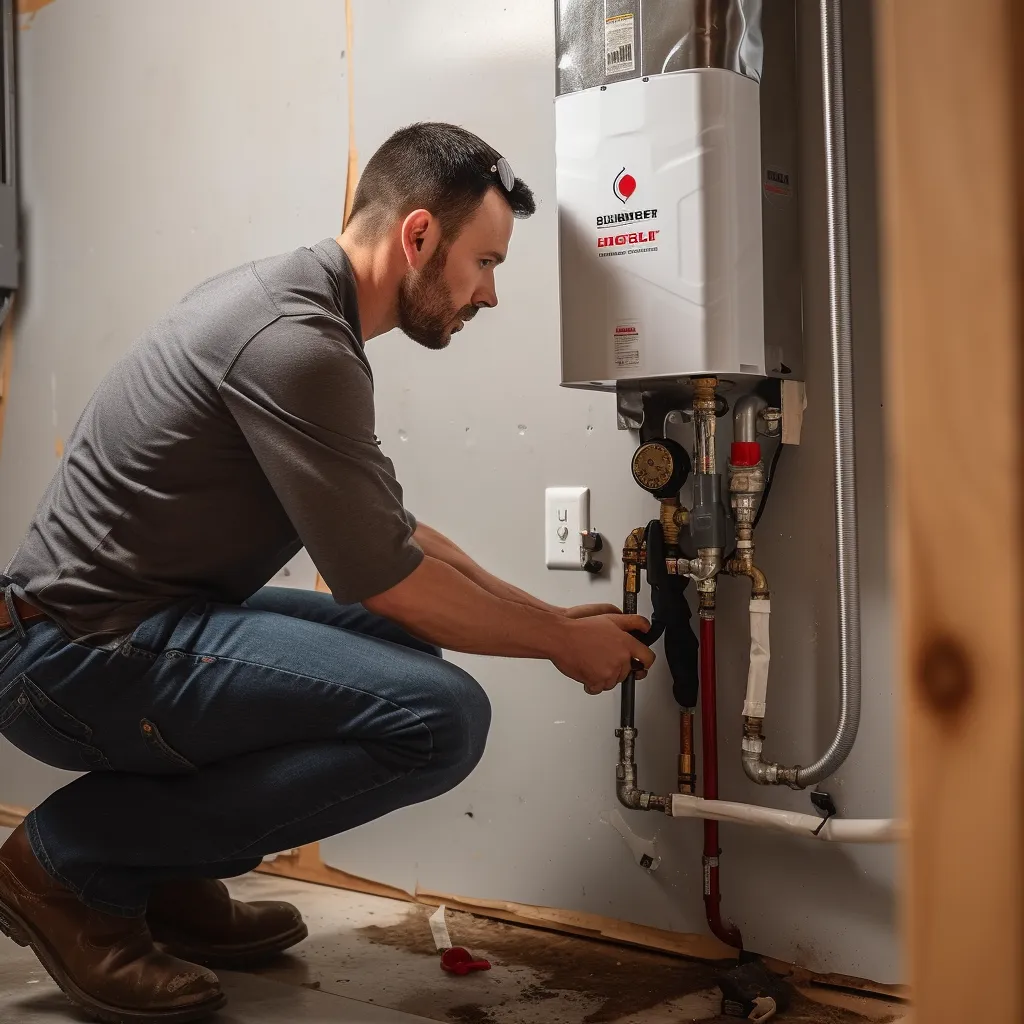
Myth #2: All water heaters are the same
There's more than meets the eye with water heaters. These essential appliances vary in sizes, shapes, colors, and efficiencies, much like any other household equipment. When you're in the market for a water heater, it's crucial to consider your hot water needs, the speed at which you want hot water, and the potential for energy savings. By carefully selecting a water heater that matches your specific requirements, you can enjoy significant savings of hundreds of dollars on your energy bills. Don't be deceived by the misconception that all water heaters are the same. Instead, empower yourself with knowledge and make an informed decision that will ensure a reliable supply of hot water throughout the year while also keeping some extra cash in your pocket.
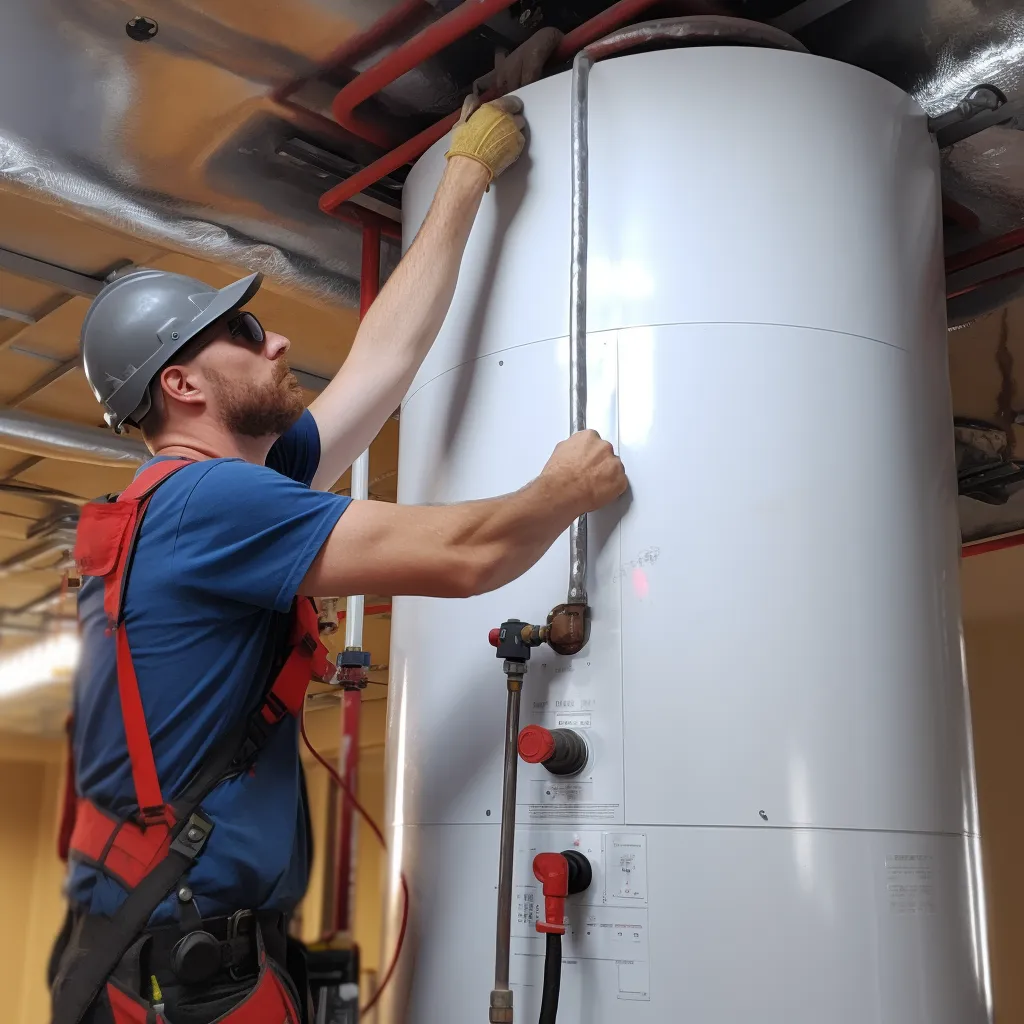
Myth #3: A bigger tank means more hot water
It's crucial to keep in mind that size isn't always synonymous with more hot water. Although larger tanks have the capacity to hold more water, they can result in higher energy consumption and increased utility expenses without necessarily delivering extra hot water. Therefore, it's vital to select a tank that aligns with your household's precise hot water requirements, guaranteeing a sufficient supply without incurring unnecessary financial burden.
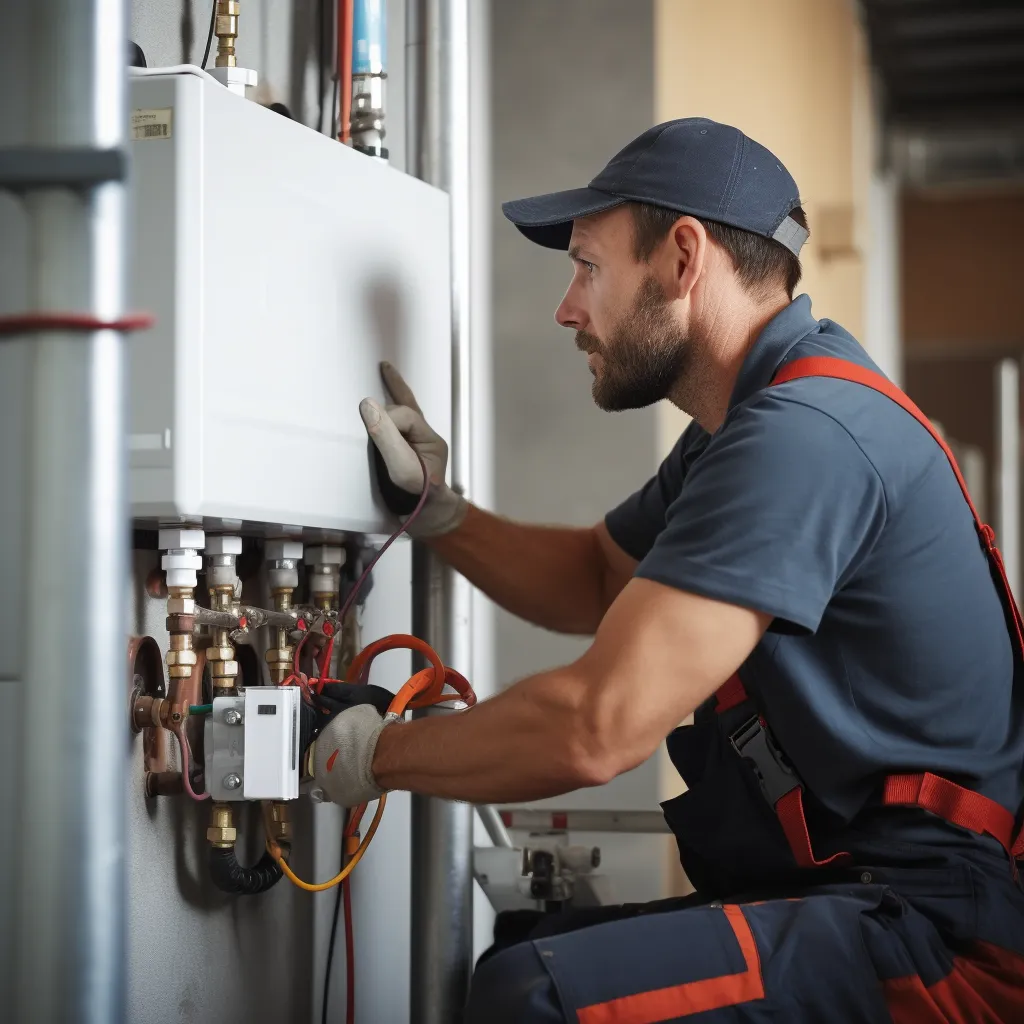
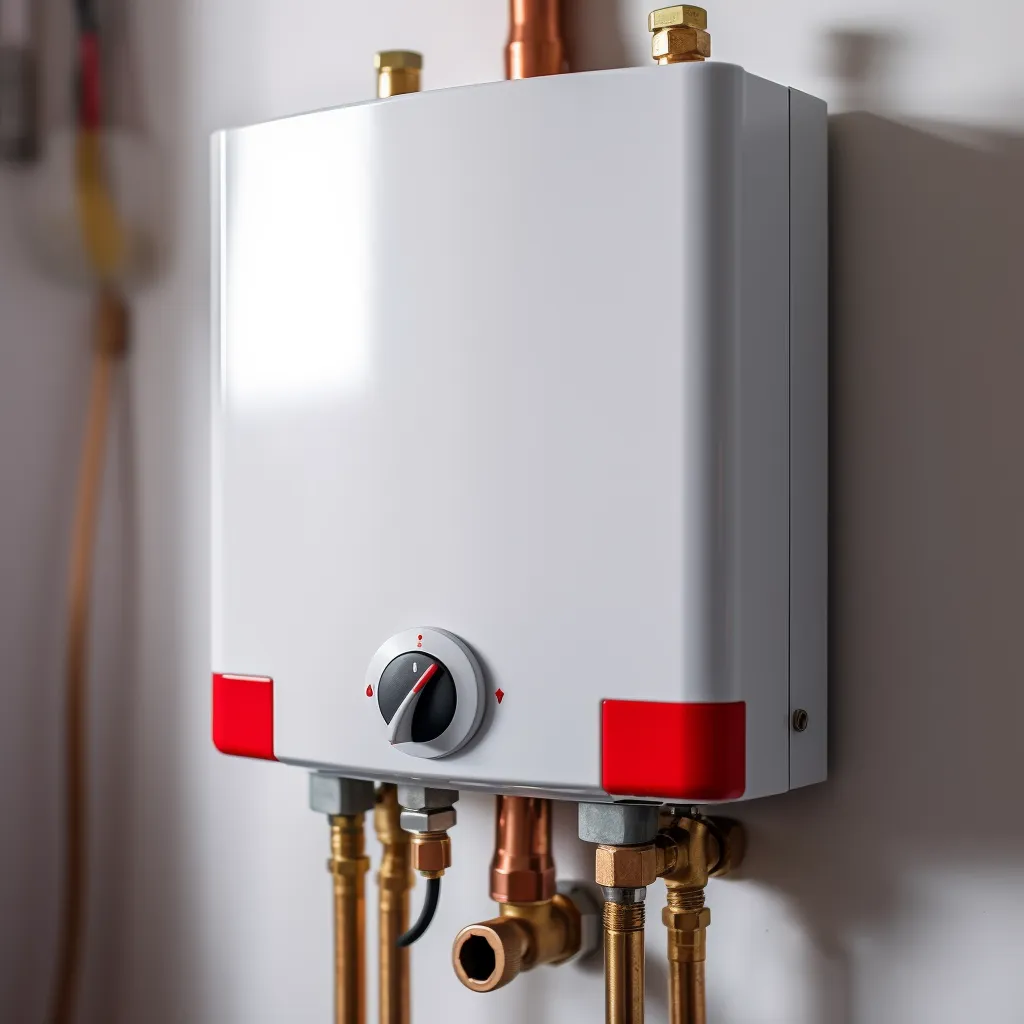
Myth #4: You can repair or replace a hot water heater yourself
It is of utmost importance to promptly address problems with your water heater. However, trying to resolve the matter on your own could potentially worsen the situation or even lead to personal harm. It is strongly advised to enlist the assistance of skilled water heater repair specialists who possess the necessary expertise and understanding to effectively handle the situation.
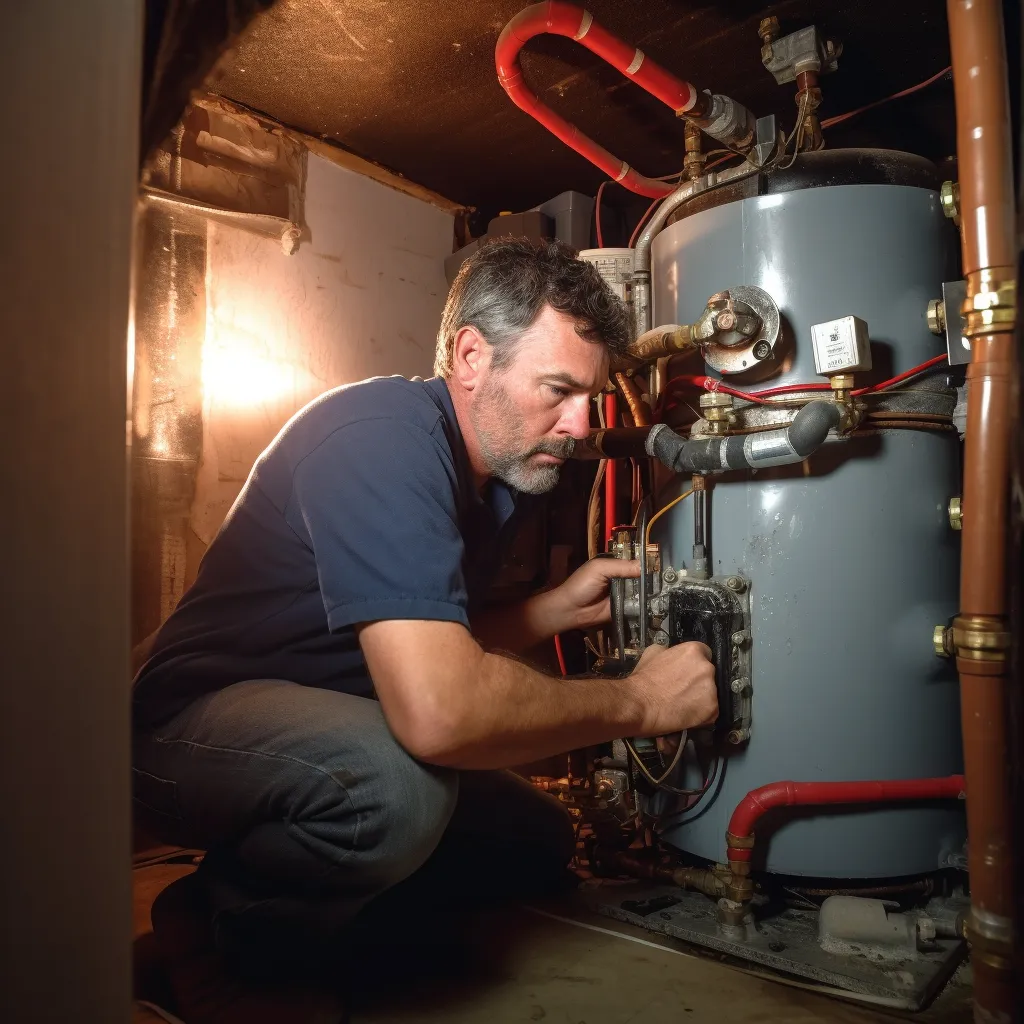
Myth #5: Your water heater doesn't need to be flushed
Regularly flushing your water heater is crucial for maintaining optimal performance and prolonging its lifespan. It is a common misconception that neglecting to flush your water heater has no consequences. However, in reality, failing to flush your water heater can lead to sediment accumulation within the tank. This sediment buildup can significantly reduce the efficiency of your water heater and even cause malfunctions. To prevent such issues, it is important to conduct regular flushing, which effectively eliminates sediment and ensures that your water heater operates efficiently.
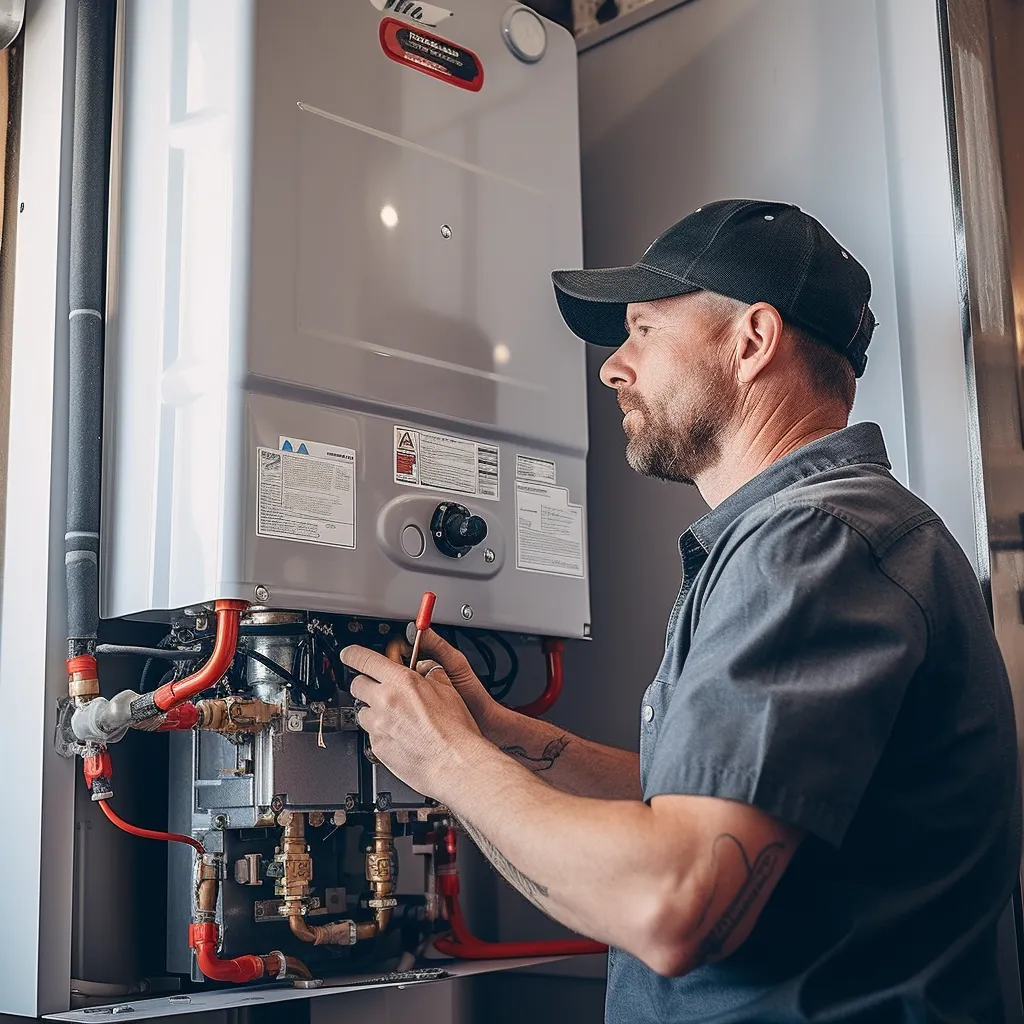
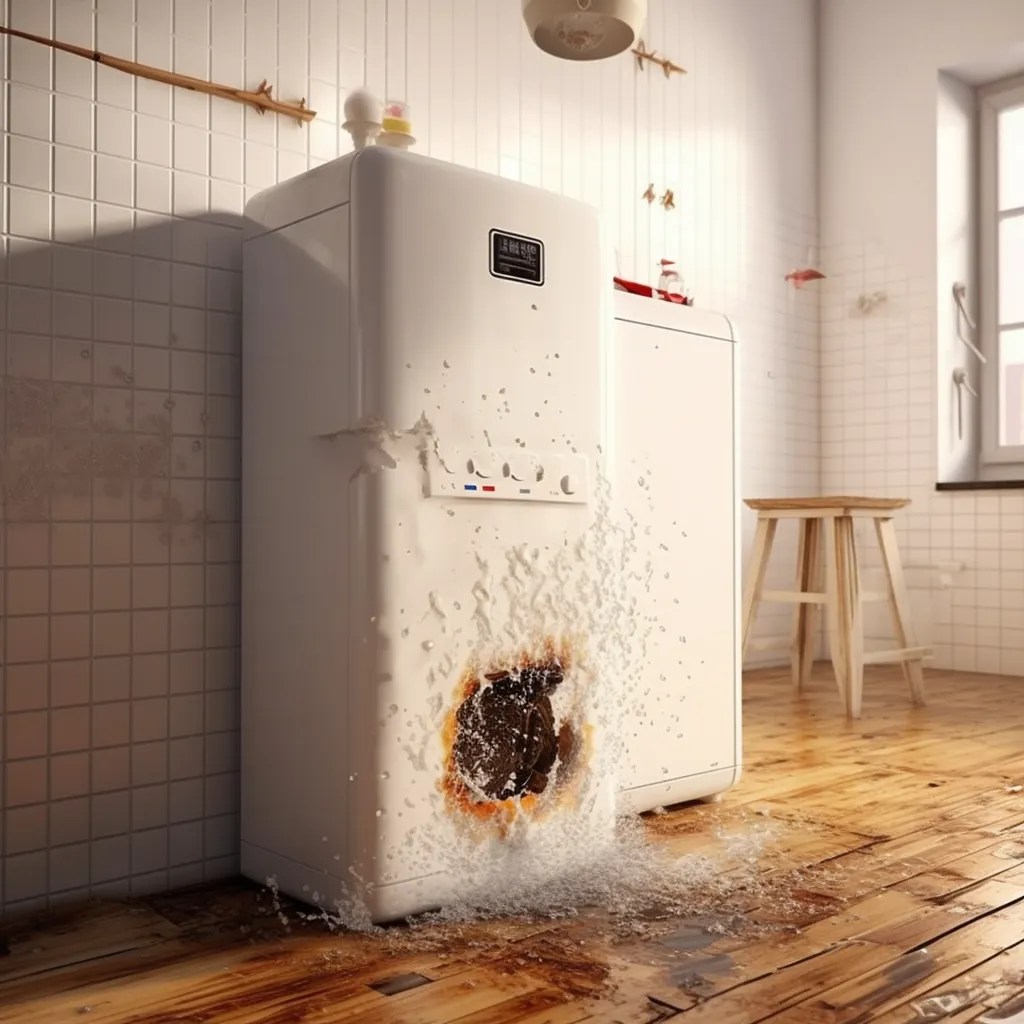
Myth #6: Keeping an outdated water heater saves money
Retaining an outdated hot water heater in hopes of reducing expenses is a common misconception. Contrary to popular belief, this approach can actually result in higher energy bills. Outdated heaters are often less efficient and prone to expensive repairs, leading to mounting expenses over time. Instead, opting for a dependable and energy-efficient replacement for your old hot water heater is a prudent decision.
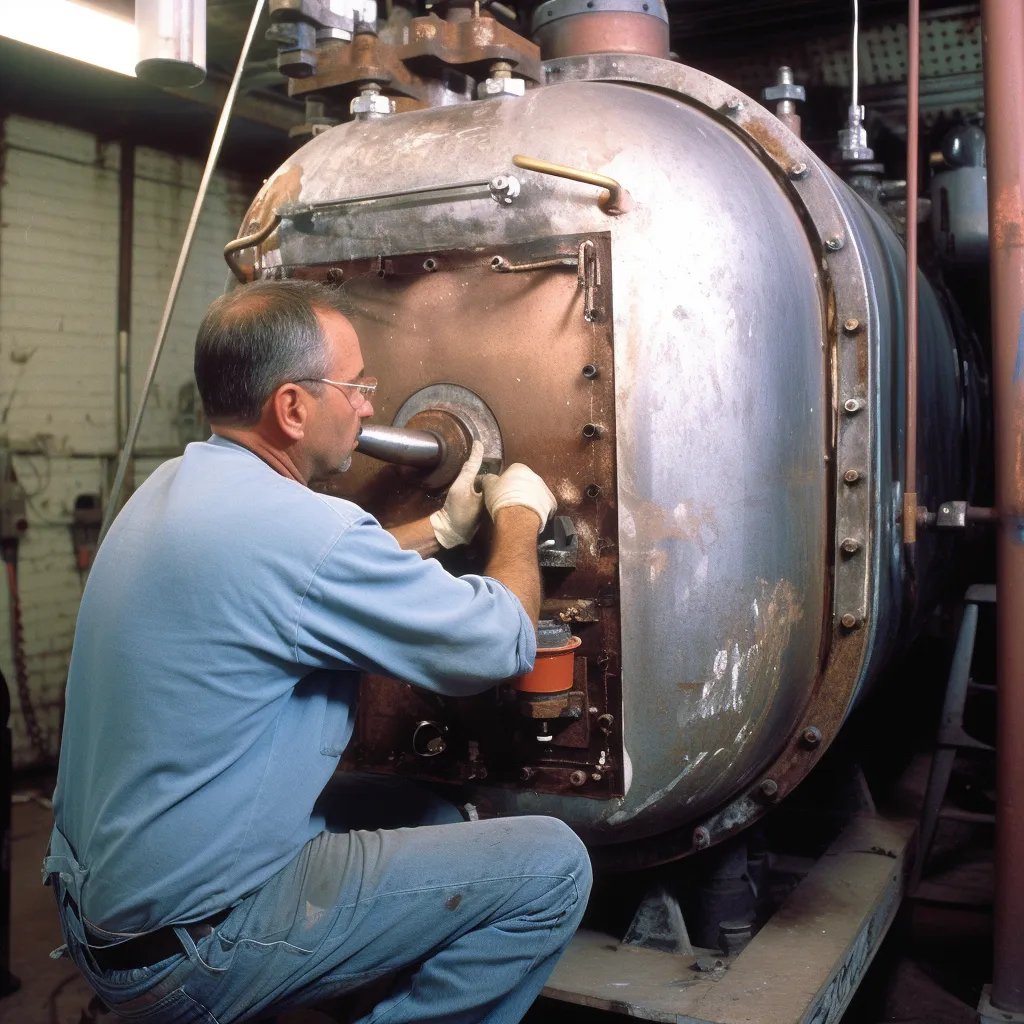
Myth #7: A bigger water tank is more energy efficient
Contrary to common misconceptions, choosing a larger water tank does not automatically guarantee improved efficiency or energy savings. In reality, an inadequately maintained or poorly insulated larger tank can actually demand more energy for heating water, resulting in increased energy expenses. To optimize energy consumption, it is crucial to carefully consider your specific requirements when selecting a water tank. Opting for a larger tank when you only require a limited amount of hot water on a daily basis can lead to inefficiency and avoidable energy consumption. Make a wise choice that aligns with your needs to ensure optimal energy efficiency.
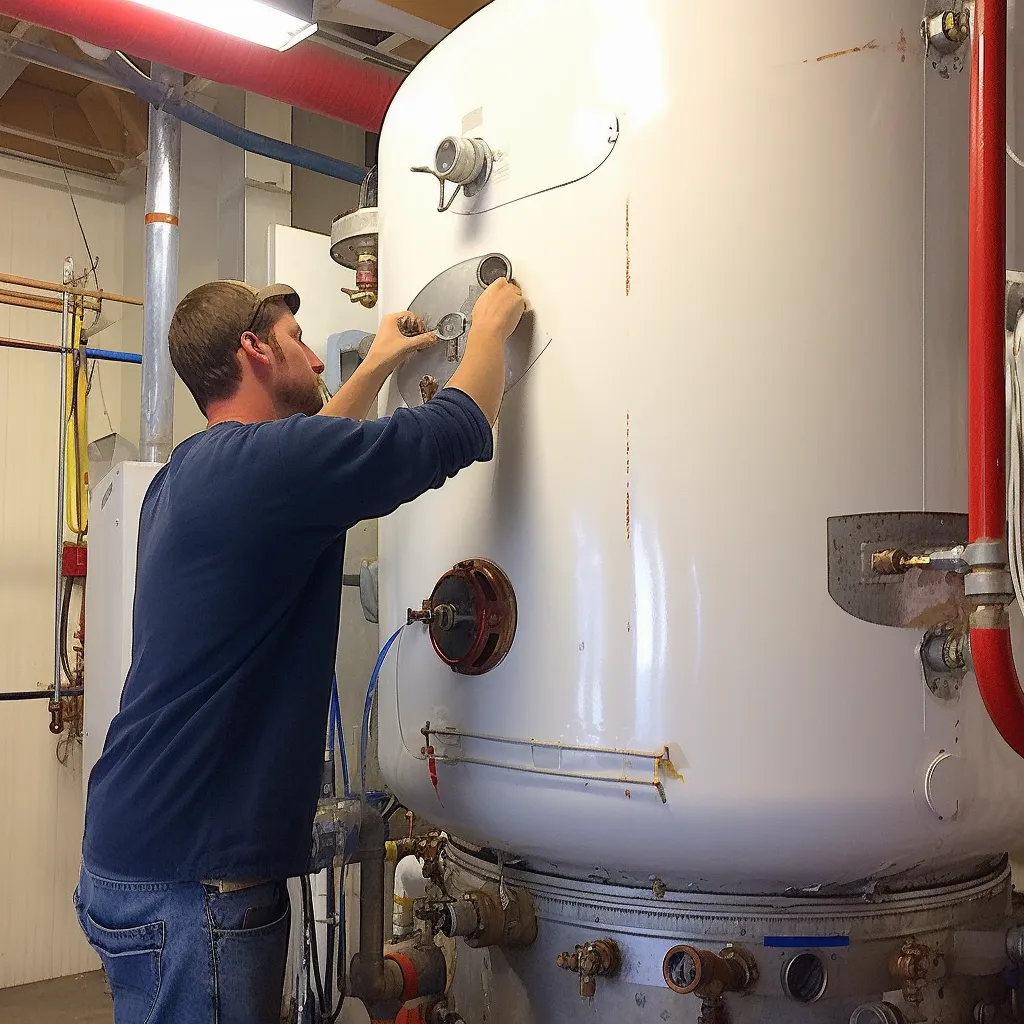
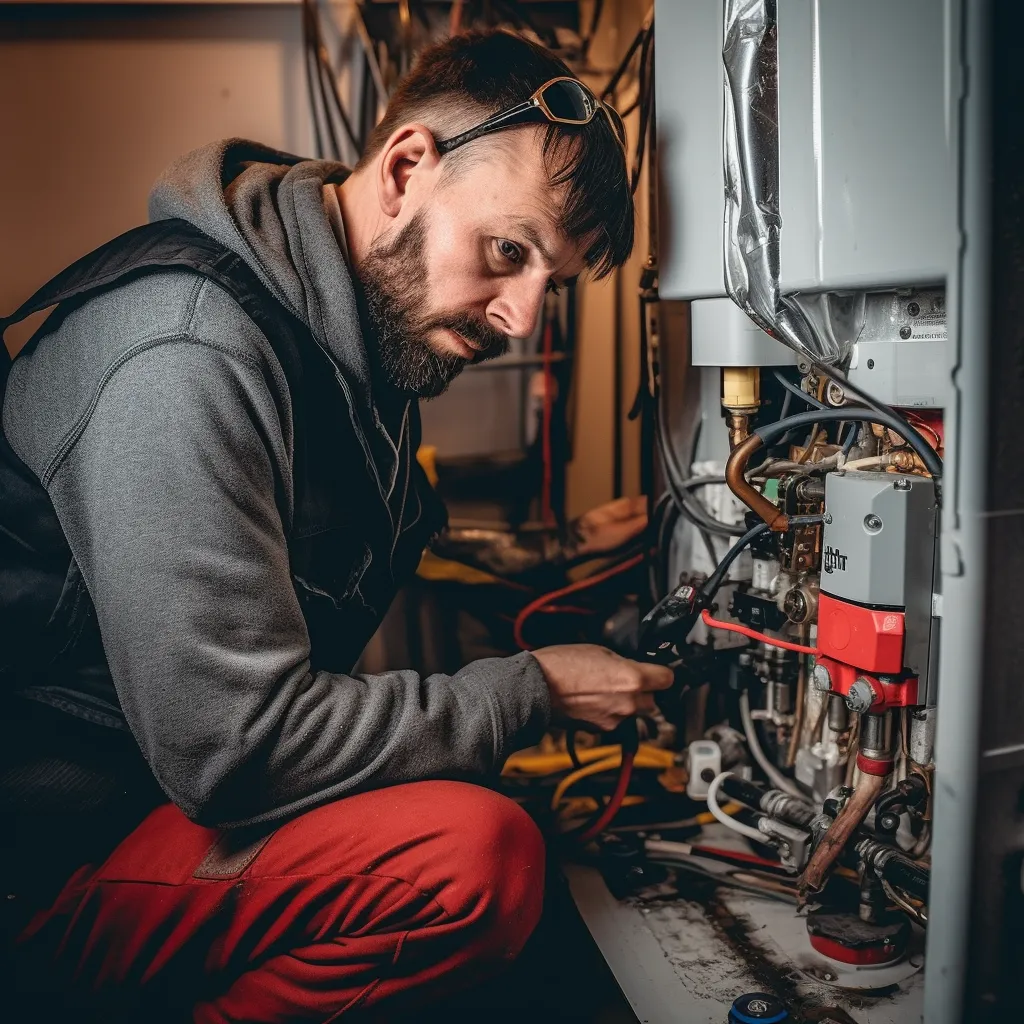
Myth # 8: Cranking up the water temperature is a good idea
While it may be tempting to raise the temperature of your water heater for immediate results, it's crucial to approach this decision with care due to potential drawbacks. A primary concern to keep in mind is the increased risk of scalding and severe burns, especially for vulnerable individuals such as children and older adults. Moreover, elevating water temperatures can contribute to the accumulation of minerals in pipes and appliances, which can ultimately lead to expensive repairs or replacements. Therefore, it is advisable to exercise caution when considering adjustments to your water heater's temperature.
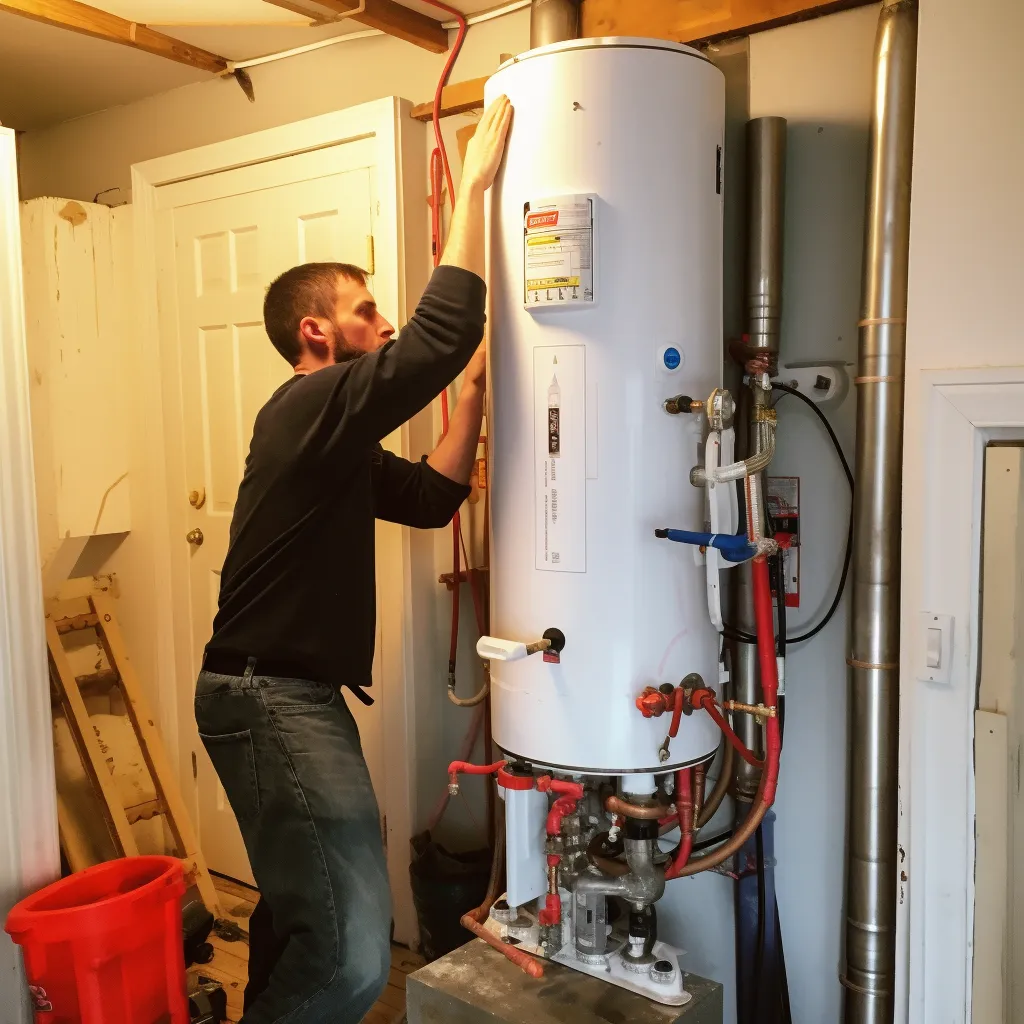
Myth #9: Setting your water heater to the highest temperature
is the way to go
Setting your water heater to the highest temperature is a popular misconception when it comes to quickly obtaining hot water. However, this approach is neither efficient nor safe. It not only leads to unnecessary energy consumption but also increases the risk of severe burns. Instead, most households can set their water heater to approximately 120 degrees Fahrenheit. This temperature is sufficient to meet daily hot water requirements while prioritizing safety. By following this guideline, you can enjoy hot water without compromising energy efficiency or putting yourself at risk of burns.
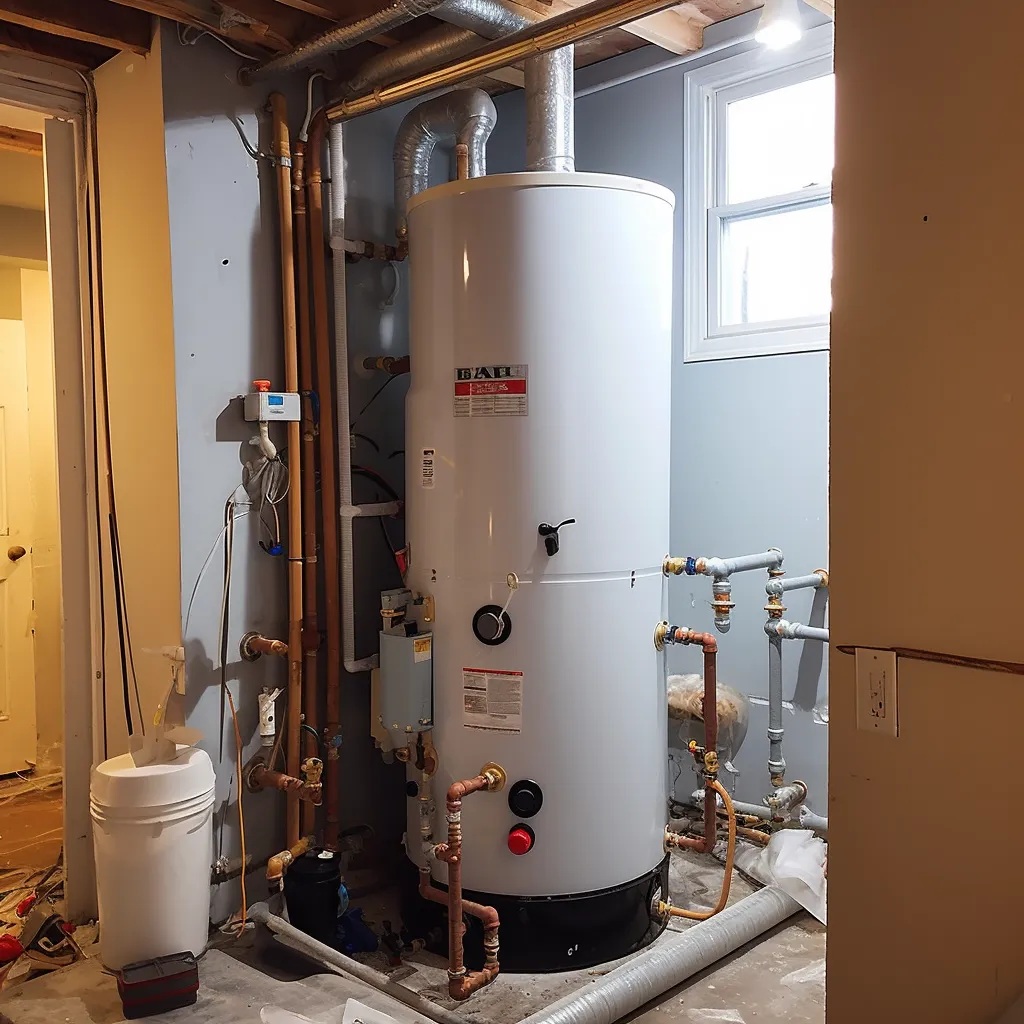
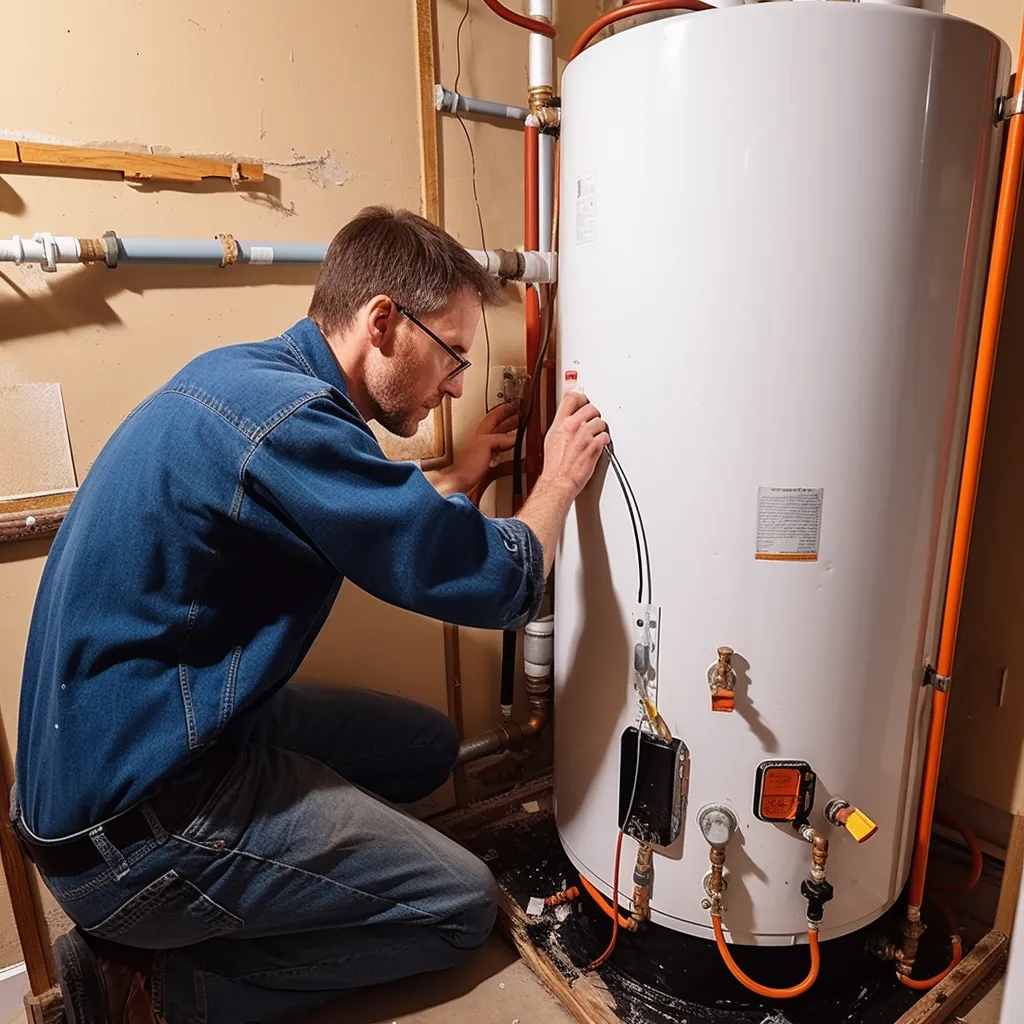
Myth #10: Your water heater wastes energy
Water heaters have undergone notable advancements in terms of energy efficiency when compared to older models. The introduction of modern technologies, such as tankless water heaters, has revolutionized the industry by providing a more energy-efficient solution. Unlike traditional water heaters that constantly maintain heat in a tank, tankless water heaters heat water on-demand, resulting in reduced energy consumption. In addition, these innovative systems incorporate features such as insulation and timers to prevent heat loss and optimize energy usage, further enhancing their efficiency.
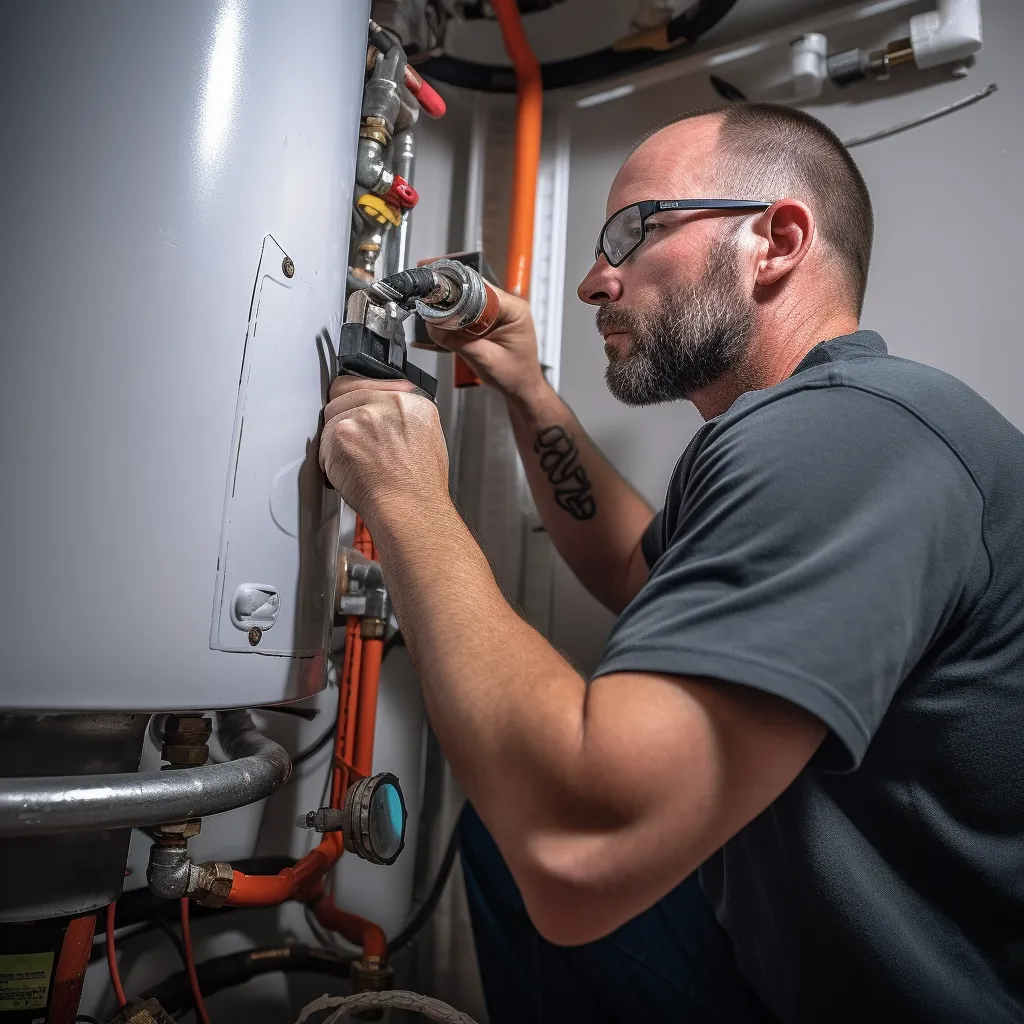
Myth #11: You don't need to regularly maintain
a water heater
Regular maintenance is crucial to ensure optimal performance of water heaters. Failing to perform routine upkeep can result in reduced efficiency, expensive repairs, or the need for replacement. To ensure the smooth operation of your water heater, it is vital to regularly inspect the pressure relief valve, flush the tank to eliminate sediment accumulation, and verify the proper functioning of the thermostat.
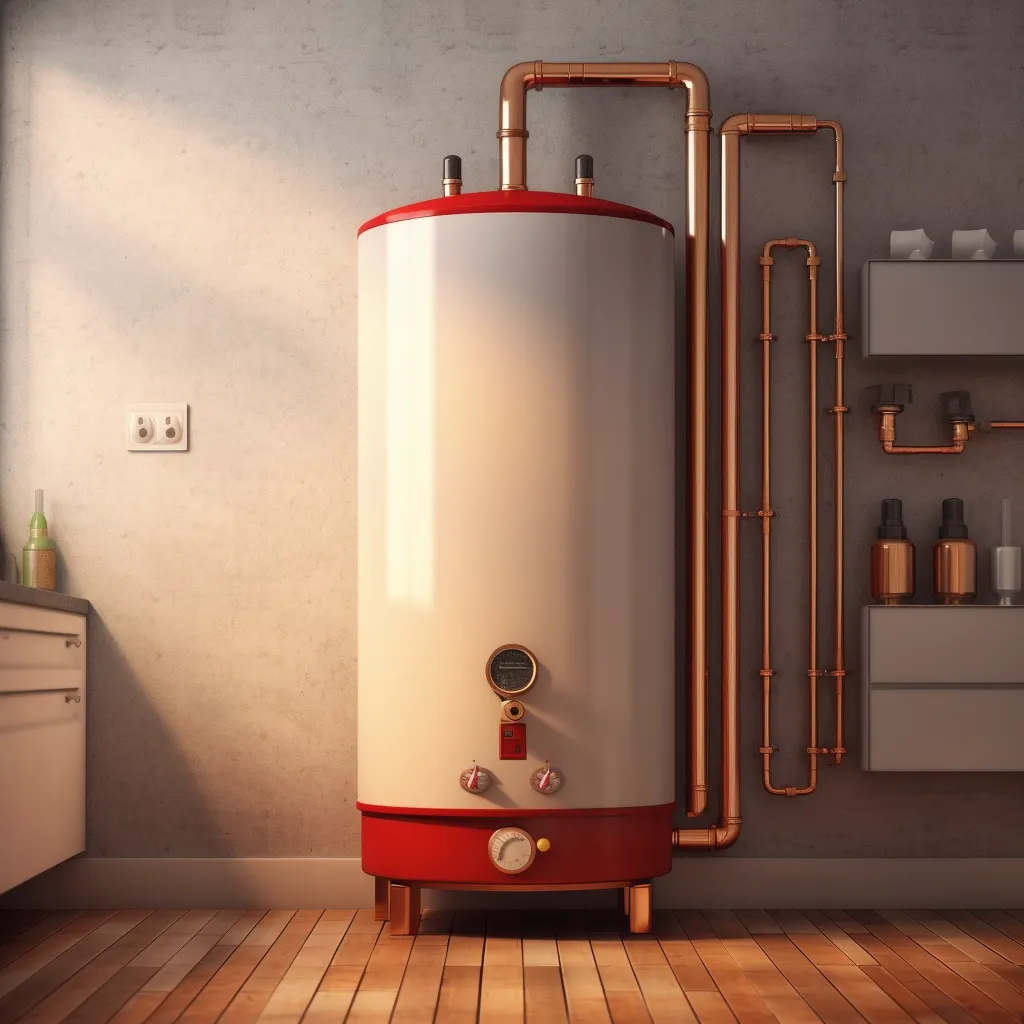
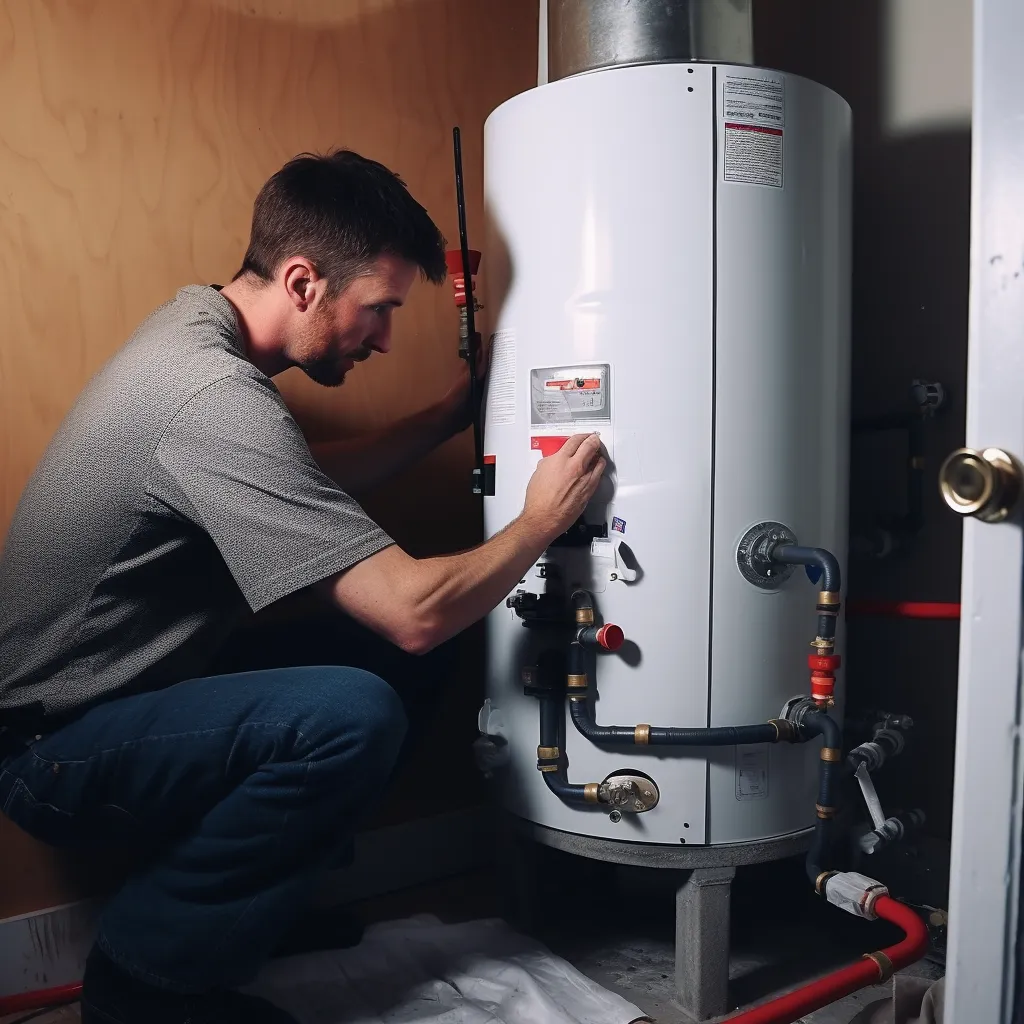
Myth #12: You can use any type of water heater in the home
if you in the process of upgrading your water heater, it is crucial to take into account several key factors, including the size of your household, the number of fixtures, and your financial constraints. Many individuals mistakenly believe that any water heater will meet their requirements, but this is not the case. Each type of water heater, such as tankless heaters, has specific prerequisites that must be considered. To guarantee that you choose the most appropriate and economical option, it is highly recommended to seek guidance from a knowledgeable professional who can evaluate your unique needs. With their expertise, you can make an informed decision regarding your water heater selection.
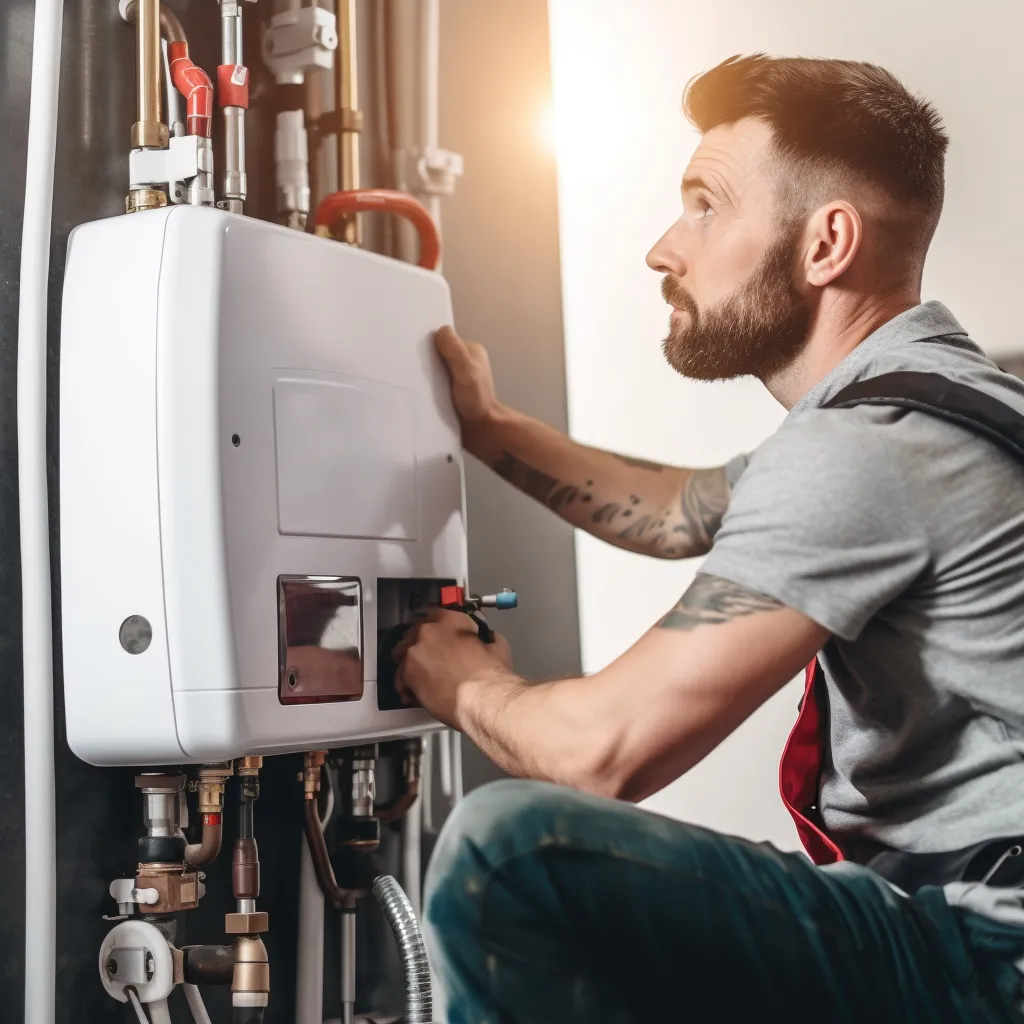
Myth #13: Hard water damages your water heater
Although water heater manufacturers ensure their products are built to withstand hard water, it's crucial to acknowledge that hard water can still pose certain challenges for your water heater in the long run. The mineral content in hard water, specifically calcium and magnesium, has the potential to accumulate within the water heater tank and on heating elements. This accumulation can diminish efficiency and potentially lead to damage. To mitigate these issues, it's essential to perform regular maintenance, including tank flushing and descaling, to prevent excessive mineral buildup. By doing so, you can optimize your water heater's performance and longevity.

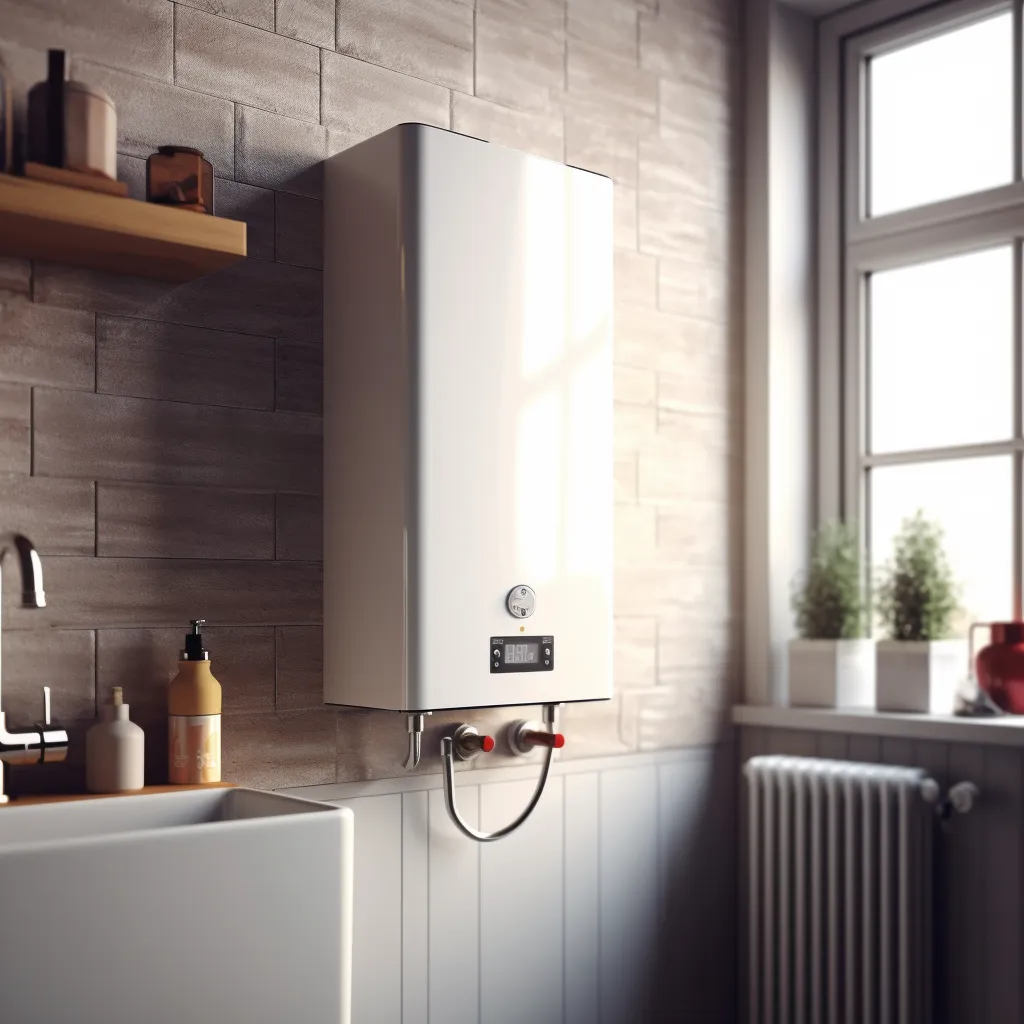
Myth #14: Tankless water heaters are more costly
Tankless water heaters may have a higher initial cost than traditional storage tank water heaters. Nevertheless, their long-term benefits in terms of energy efficiency and cost savings make them a valuable investment. Unlike conventional heaters that constantly heat and store water, tankless heaters only heat water when it is needed. This efficient approach minimizes energy waste and leads to lower monthly utility expenses.
Contact Us
GET IN FULL TOUCH
PHONE: (410) 883-5584
EMAIL:
william@waterheaterparkville.com
Strong Plumbing Parkville
Parkville, MD 21234
